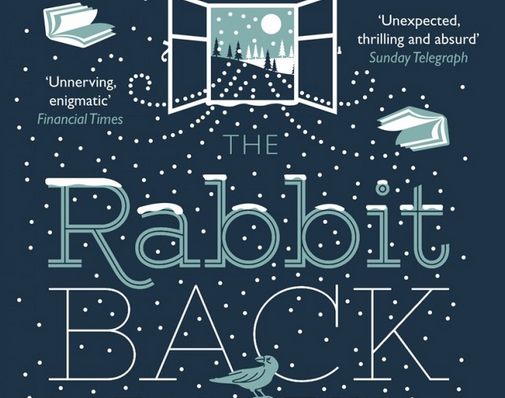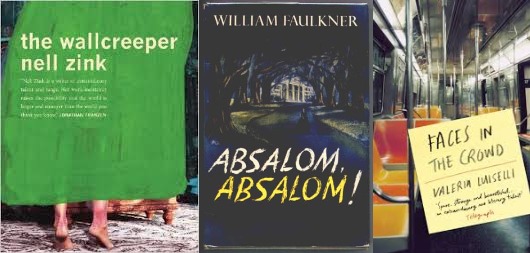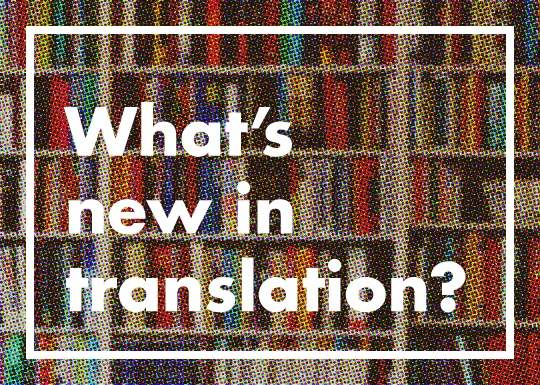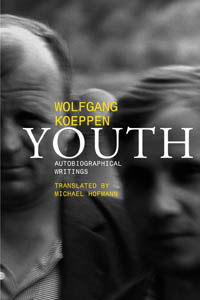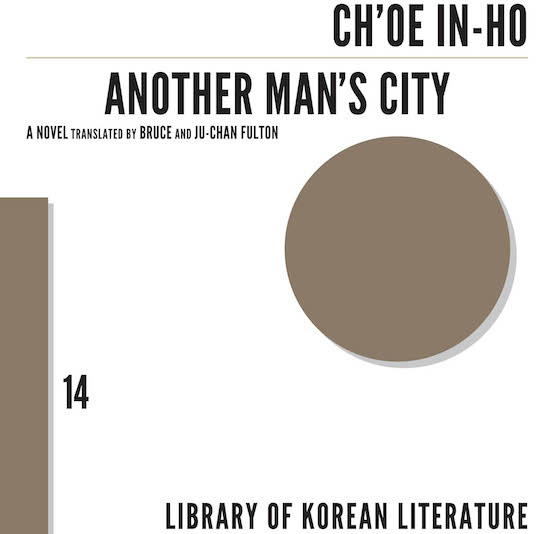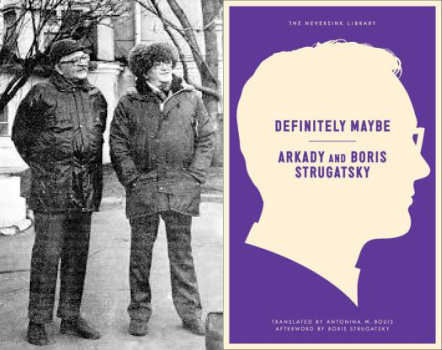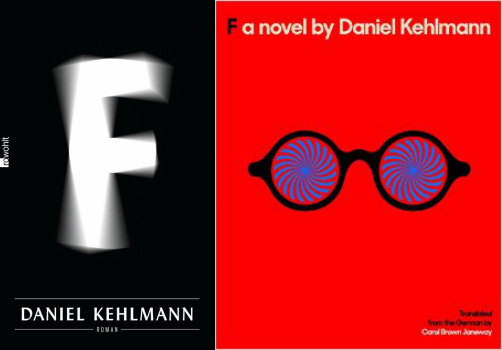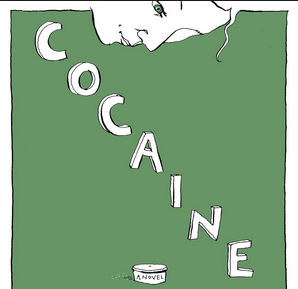God often plays an outsized role in science fiction, if only by not showing up. In H. G. Wells’ The War of the Worlds, for example, the narrator encounters a deranged curate—that’s an assistant to an Anglican priest—in the turmoil following a Martian invasion. The two hide in a ruined house, where the holy man rants on how the extraterrestrials are God’s punishment for a fallen world. The narrator must incapacitate him with a shovel to prevent the enemy from detecting them. Later, as the Martians fall prey to a virus benign to humanity, the irony becomes clear: Matter, not spirit, drives the universe.
But the genre can’t quite leave Christianity, and many SF writers have speculated in ways much more commodious to the religion. In November 1974, Philip K. Dick received a mystical vision that would later become a legendary episode in the history of the genre. At home, recovering from an operation on an impacted wisdom tooth, he received a visit from a strange and beautiful woman wearing an ichthys, the Christian symbol of the fish, as a gold pendant on her neck. Dick then described a “pink laser” shooting from the symbol directly into his mind and imbuing him with divine logos. This included the author catching a glimpse into a parallel life as Timothy, a persecuted Christian living in 1st-century Rome. The vision set off a torrent of creative activity, which included Dick’s later novels VALIS, The Divine Invasion, Radio Free Albemuth, as well as an 8,000-page journal of philosophical speculations, selections of which were published in 2011 as The Exegesis of Philip K. Dick.
READ MORE…

